Crux of Education for all kinds of test preparation, free PDF Read Online
The Crux of Education: Unveiling the Core of Learning in the 21st Century
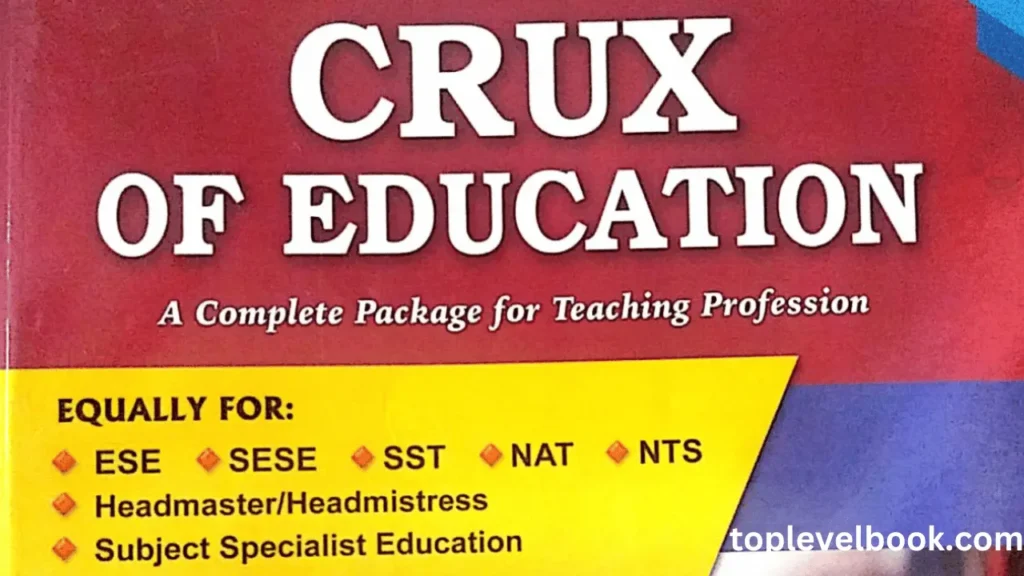
In an ever-evolving world, understanding the crux of education has never been more crucial. This comprehensive guide delves into the heart of modern learning, exploring how education shapes our society, economy, and individual growth. Whether you’re a student, educator, parent, or lifelong learner, this article will provide valuable insights into the essence of education and its transformative power.
Introduction: Why Understanding the Crux of Education Matters
Education is the bedrock of human progress. It shapes minds, builds societies, and drives innovation. But what lies at its core? What is the true essence of learning in today’s rapidly changing world? This article aims to unravel these questions, offering a deep dive into the fundamental principles that define effective education in the 21st century.
By exploring the crux of education, we’ll:
- Identify the key components of meaningful learning
- Examine how education is evolving to meet current challenges
- Provide practical insights for students, educators, and policymakers
Understanding these crucial aspects can help us reshape our approach to learning, ensuring that education remains relevant, engaging, and impactful for generations to come.
The Evolution of Education: From Ancient Times to the Digital Age
To grasp the crux of modern education, we must first understand its historical context.
Ancient Roots of Formal Learning
Education has been a cornerstone of civilization since ancient times:
- Mesopotamia and Egypt: Developed writing systems and formal schools for scribes
- Ancient Greece: Emphasized philosophy, rhetoric, and physical education
- Ancient Rome: Focused on practical skills like law and administration
The Middle Ages and Renaissance
Education during these periods was characterized by:
- Religious institutions dominating formal education
- The rise of universities in Europe
- A renewed focus on classical learning during the Renaissance
The Industrial Revolution and Standardization
The 19th and early 20th centuries saw significant changes:
- Public education becoming more widespread
- Standardized curricula and testing introduced
- Focus on preparing workers for industrial jobs
The Digital Revolution and Modern Education
Today’s educational landscape is shaped by:
- Technology integration in classrooms
- Online learning and MOOCs (Massive Open Online Courses)
- Emphasis on 21st-century skills like critical thinking and digital literacy
Understanding this evolution helps us appreciate the dynamic nature of education and its ability to adapt to societal needs.
The Four Pillars of Education: A Framework for Understanding
In 1996, UNESCO published a report titled “Learning: The Treasure Within,” which outlined four fundamental pillars of education. These pillars remain relevant and form a crucial part of the crux of education:
1. Learning to Know
This pillar focuses on developing the tools for understanding:
- Critical thinking skills: Analyzing information and forming reasoned judgments
- Metacognition: Understanding one’s own thought processes
- Lifelong learning: Cultivating curiosity and the ability to learn independently
2. Learning to Do
This aspect emphasizes practical skills and their application:
- Vocational skills: Preparing for the job market
- Problem-solving abilities: Applying knowledge to real-world situations
- Adaptability: Being able to navigate changing work environments
3. Learning to Live Together
This pillar stresses social and interpersonal skills:
- Cultural awareness: Understanding and respecting diversity
- Conflict resolution: Developing skills to manage disagreements peacefully
- Collaboration: Working effectively in teams and groups
4. Learning to Be
This final pillar focuses on personal development:
- Self-awareness: Understanding one’s own strengths, weaknesses, and values
- Emotional intelligence: Managing emotions and relating to others
- Creativity: Fostering innovative thinking and self-expression
These four pillars provide a holistic framework for understanding the core elements of a well-rounded education.
The Role of Technology in Modern Education
Technology has become an integral part of the educational landscape, reshaping how we teach and learn.
Benefits of Educational Technology
- Personalized learning: Adaptive software can tailor content to individual needs
- Increased engagement: Interactive media can make learning more immersive
- Accessibility: Online resources can reach students in remote areas
Challenges of Technology Integration
- Digital divide: Unequal access to technology can exacerbate educational inequalities
- Screen time concerns: Balancing digital and traditional learning methods
- Teacher training: Ensuring educators are equipped to use new technologies effectively
Emerging Trends in EdTech
- Artificial Intelligence: AI tutors and personalized learning paths
- Virtual and Augmented Reality: Immersive learning experiences
- Gamification: Using game elements to increase motivation and engagement
While technology offers exciting possibilities, it’s important to remember that it’s a tool to enhance, not replace, quality teaching and human interaction.
The Importance of Soft Skills in Modern Education
As automation and AI transform the job market, soft skills are becoming increasingly crucial:
Key Soft Skills for the 21st Century
- Communication: Effective verbal and written expression
- Leadership: Guiding and motivating others
- Adaptability: Thriving in changing environments
- Empathy: Understanding and relating to others’ feelings
- Time management: Efficiently organizing tasks and priorities
Integrating Soft Skills into Curriculum
- Project-based learning to foster teamwork and communication
- Debate clubs and public speaking opportunities
- Mindfulness and emotional intelligence training
Developing these skills alongside traditional academic knowledge is essential for success in the modern world.
The Global Perspective: Education Around the World
Education systems vary widely across cultures, offering valuable insights:
High-Performing Education Systems
Countries like Finland, Singapore, and South Korea consistently top global education rankings. Key factors include:
- High respect and pay for teachers
- Emphasis on equity and accessible education for all
- Balance between academic rigor and student well-being
Challenges in Global Education
- Access: Millions of children worldwide still lack access to basic education
- Quality: Ensuring high standards across diverse socio-economic backgrounds
- Relevance: Aligning education with rapidly changing global needs
International Cooperation in Education
- UNESCO’s Sustainable Development Goal 4: Ensuring inclusive and quality education for all
- Exchange programs fostering global awareness and cultural understanding
- International assessments like PISA providing comparative data
Understanding global perspectives can help improve education systems worldwide.
The Role of Neuroscience in Education
Advances in brain research are providing valuable insights into how we learn:
Key Neuroscience Findings Relevant to Education
- Neuroplasticity: The brain’s ability to form new neural connections throughout life
- The importance of sleep: Consolidating memories and enhancing learning
- The role of emotions: How feelings impact cognitive processes and memory formation
Practical Applications in the Classroom
- Spaced repetition: Optimizing review intervals for better retention
- Mindfulness practices: Reducing stress and improving focus
- Movement breaks: Incorporating physical activity to enhance cognitive function
Integrating neuroscience findings into educational practices can significantly enhance learning outcomes.
The Future of Education: Trends and Predictions
As we look ahead, several trends are shaping the future of education:
Personalized Learning at Scale
- AI-driven adaptive learning platforms
- Customized educational pathways based on individual strengths and interests
Skills-Based Learning and Micro-Credentials
- Focus on acquiring specific skills rather than broad degrees
- Short, targeted courses leading to recognized certifications
Lifelong Learning and Reskilling
- Continuous education to adapt to changing job markets
- Emphasis on adult education and professional development
Global Classrooms and Virtual Exchange
- Increased collaboration between students worldwide
- Virtual reality enabling immersive cross-cultural experiences
These trends suggest a future where education is more personalized, flexible, and globally connected.
Conclusion: Embracing the Core of Education
As we’ve explored, the crux of education in the 21st century is multifaceted, encompassing:
- A balance of knowledge acquisition and skill development
- Integration of technology while maintaining human connection
- Cultivation of soft skills alongside academic prowess
- Global awareness and cultural competence
- Continuous adaptation based on scientific insights and societal needs
By embracing these core elements, we can create educational experiences that truly prepare learners for the challenges and opportunities of our rapidly changing world.
Call to Action
How can you apply these insights to your own learning journey or educational practices? Whether you’re a student, educator, parent, or lifelong learner, consider:
- Reflecting on your educational goals and how they align with the four pillars of education
- Exploring ways to incorporate technology meaningfully into your learning or teaching
- Seeking opportunities to develop crucial soft skills
- Engaging with diverse perspectives to broaden your global understanding
Share your thoughts and experiences in the comments below. How do you see the crux of education evolving in the coming years? Let’s continue this important conversation and work together to shape the future of learning.
Read Online Crux of Education for all kinds of test preparation
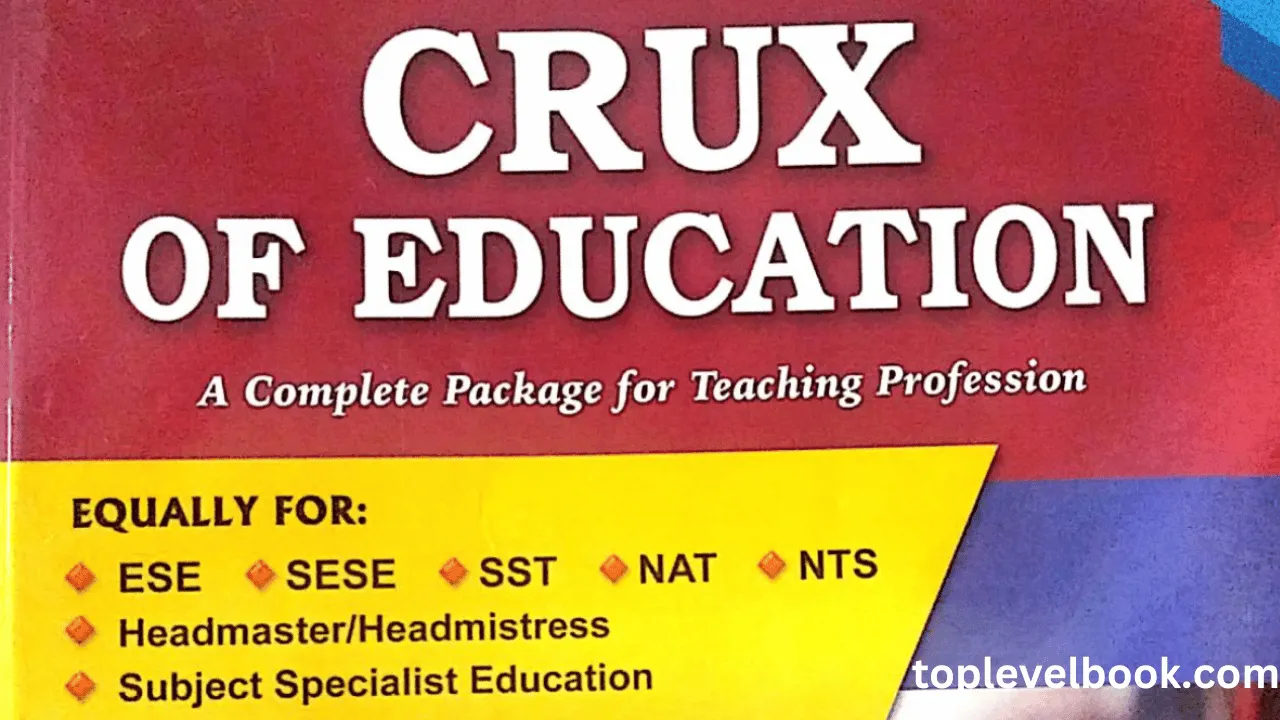
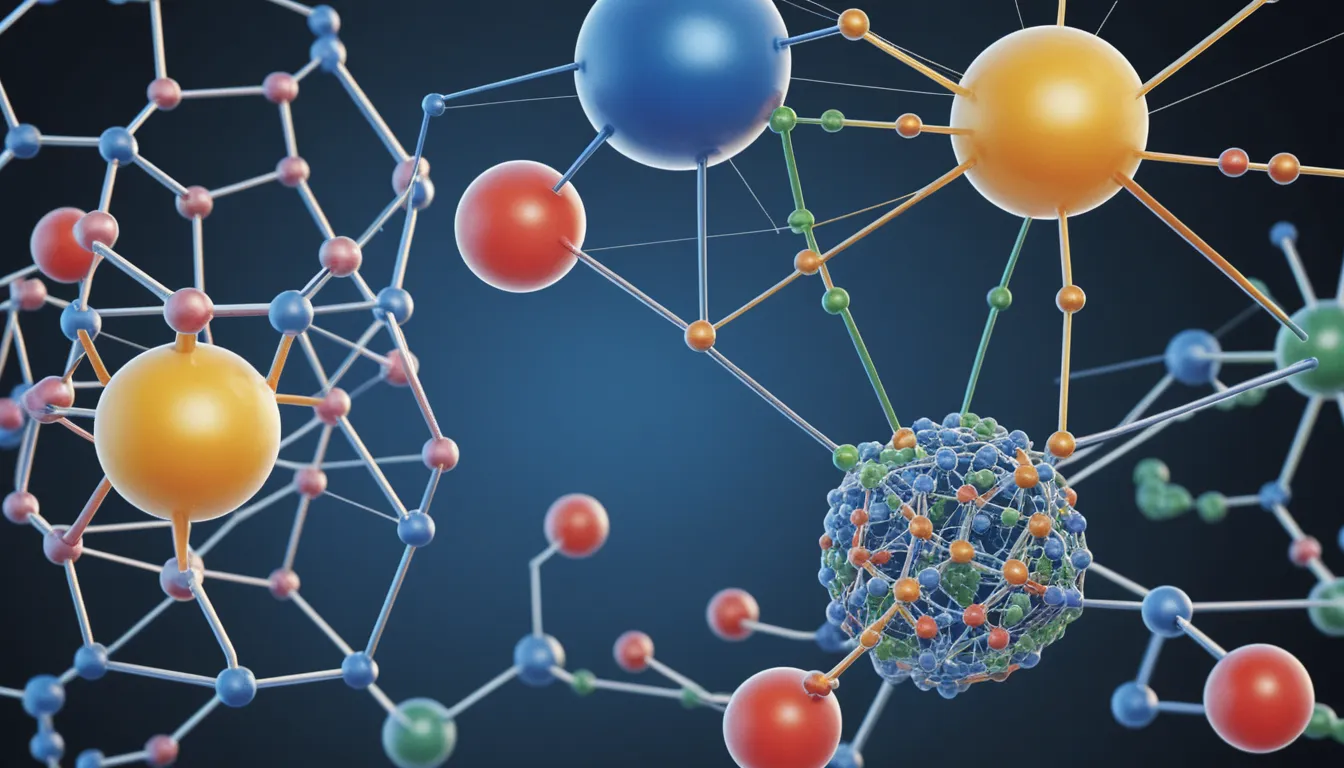
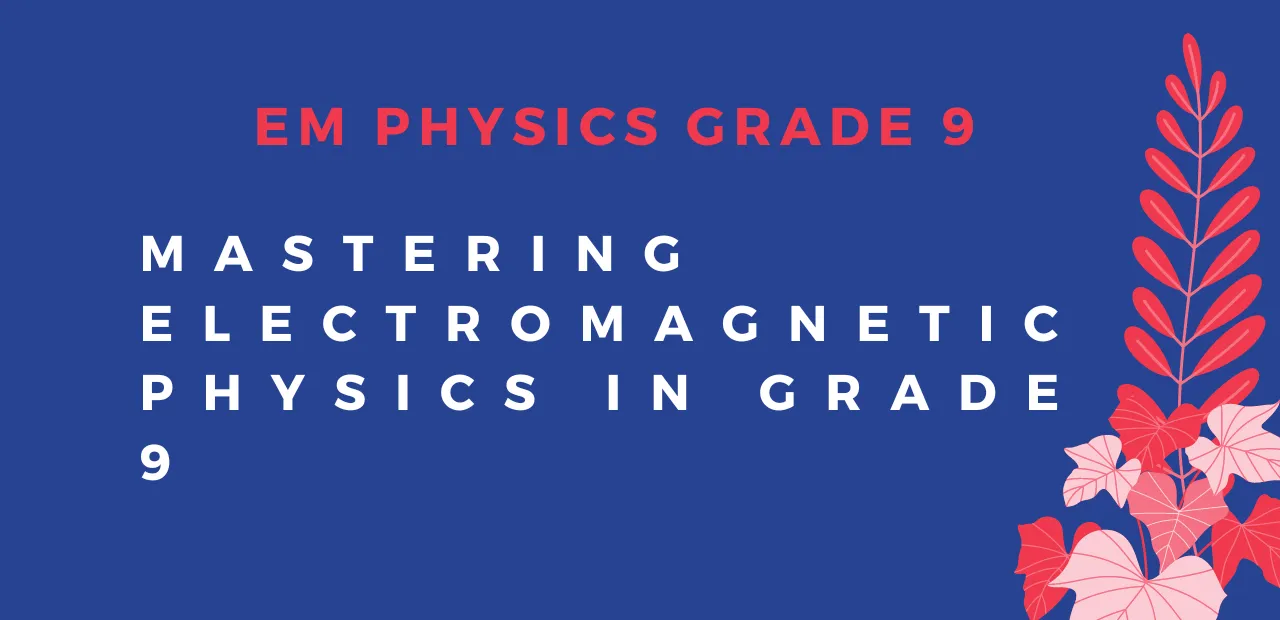
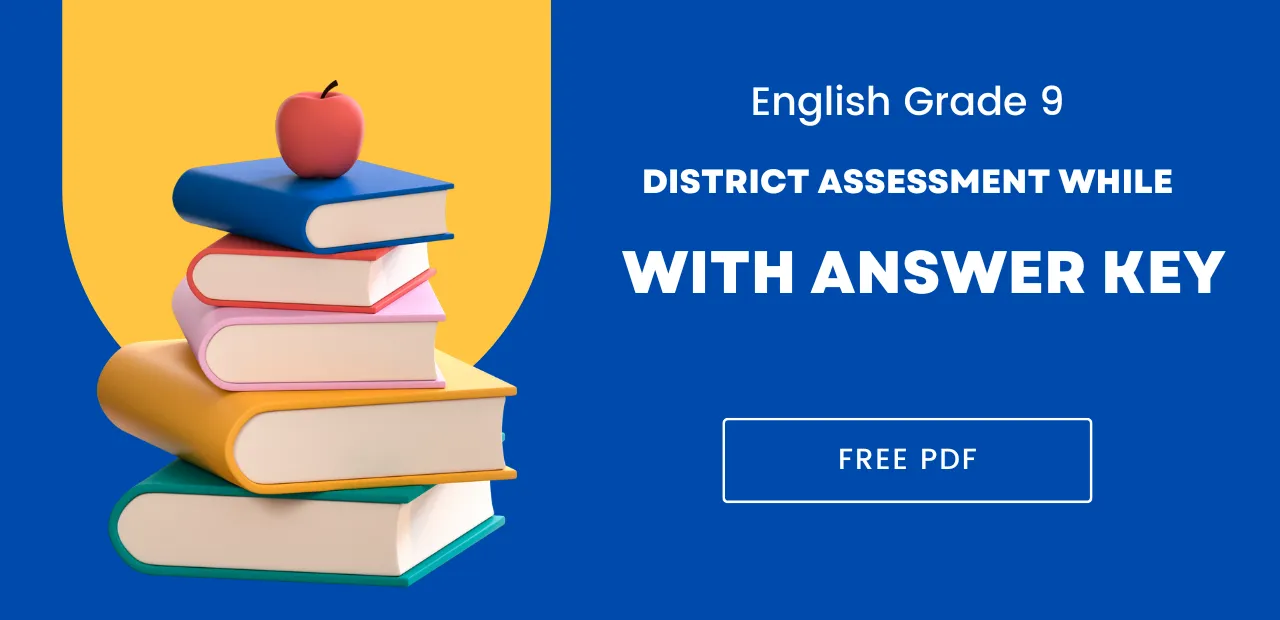
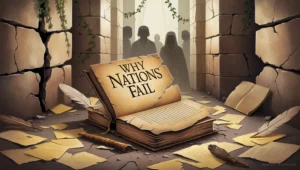
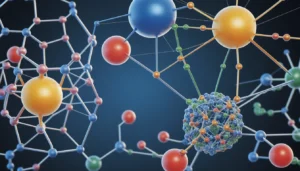
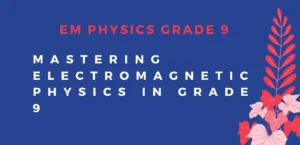
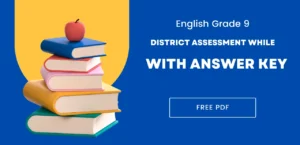

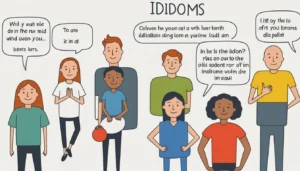

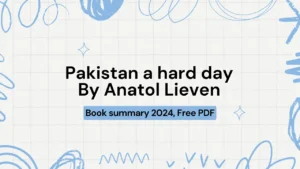

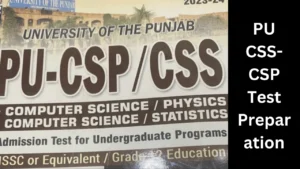
1 comment